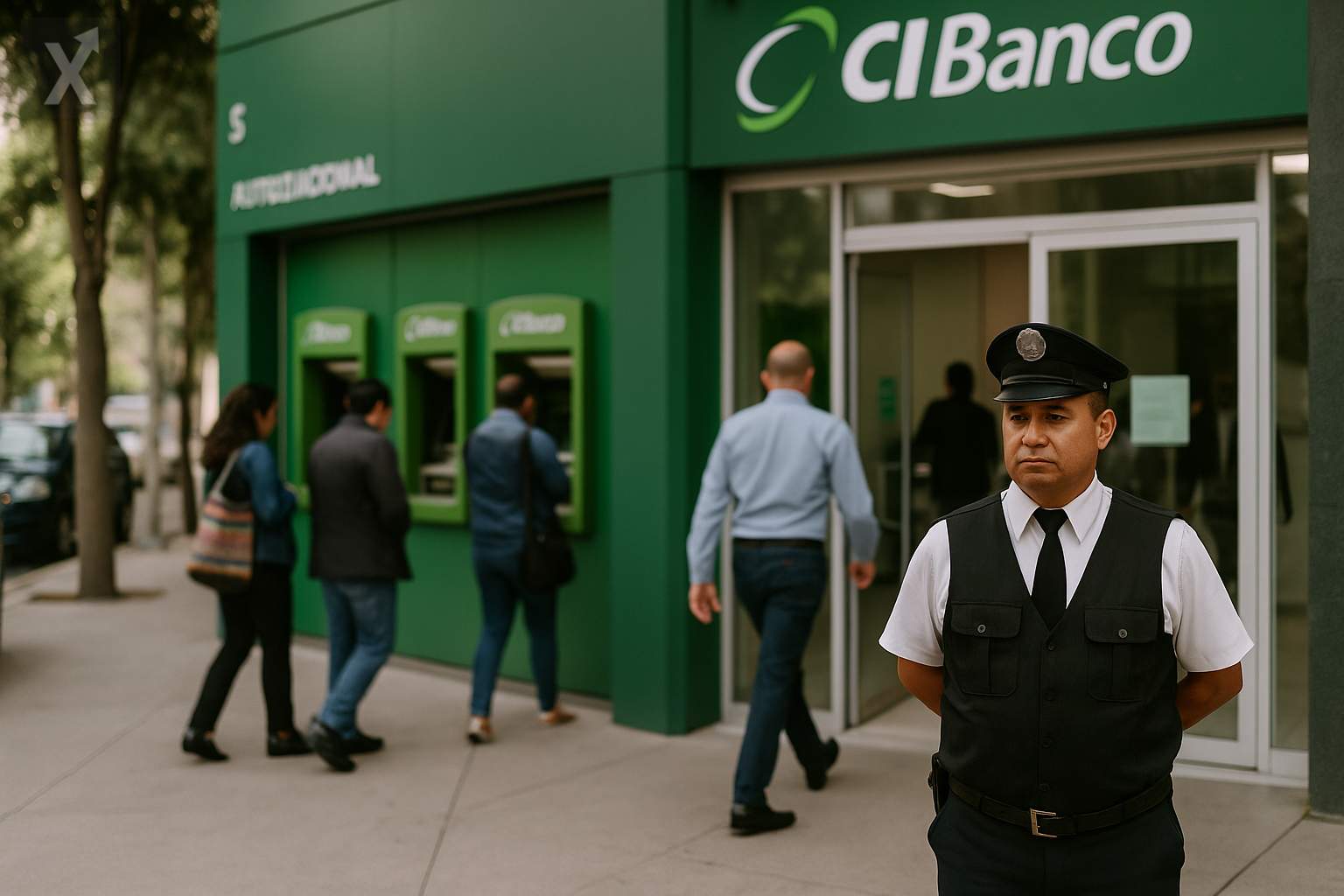CI Banco Denies Operating Restrictions Following Allegations of Suspected Money Laundering

CI Banco announced on Thursday that it is not included on any list of blocked or restricted entities by Mexico’s Financial Intelligence Unit (UIF) under the Ministry of Finance and Public Credit, nor by the United States Department of the Treasury. This statement comes after financial authorities, both Mexican and American, voiced concerns over potential transactions linked to money laundering.
In a statement sent to the Mexican Stock Exchange, the bank clarified that it retains all its permits and powers to operate as an attesting party—a key role in trust management, an area where CI Banco holds a significant presence. The bank emphasized that it “is not included on any list of blocked or restricted entities,” and, as such, continues providing its services as usual.
CI Banco’s clarification follows the recent temporary intervention by the National Banking and Securities Commission (CNBV), which on June 26 appointed Alvarez & Marsal Mexico as provisional administrator, in response to concerns raised by the U.S. Financial Crimes Enforcement Network (FinCEN). Despite this increased scrutiny, the bank noted that its fiduciary delegates still retain full authority to act on behalf of the institution and its clients.
The bank further specified that the powers and legal authority of its representatives remain unchanged. Additionally, it stated that should the provisional administration decide in the future to modify or revoke these powers, any such decision would be formally communicated to the relevant parties. This position aims to offer assurance to both clients and investors in a financial environment that has shown signs of uncertainty since the CNBV’s intervention.
Within the Mexican economic context, interventions like this reflect heightened scrutiny of financial institutions as part of domestic and international strategies to prevent money laundering and strengthen transparency in the sector. Mexico, which is connected to international networks dedicated to supervision and combating financial crimes, has in recent years stepped up oversight of banks, brokerage firms, and trusts, following recommendations from international organizations and in line with bilateral agreements.
Looking ahead, it is expected that Mexican financial authorities will maintain or even tighten supervision and intervention procedures over suspicious entities, particularly those with foreign counterparts or those managing complex financial instruments like trusts. The CI Banco case highlights the challenges and the need for financial entities to demonstrate compliance capacity, robust risk management, and transparency before both regulators and public opinion.
In summary, while CI Banco asserts it maintains control over its operations and legal powers, how this case develops will be important in assessing the effectiveness of Mexico’s supervisory mechanisms and their alignment with international standards at a time when the integrity of the financial system is crucial for the country’s economic competitiveness and stability.
To conclude, CI Banco’s stance in response to recent allegations and regulatory intervention highlights the importance of transparency and regulatory diligence within Mexico’s financial sector. As this case unfolds, ongoing communication and regulatory compliance will remain essential for investor and user confidence—key elements in Mexico’s modern economy.





